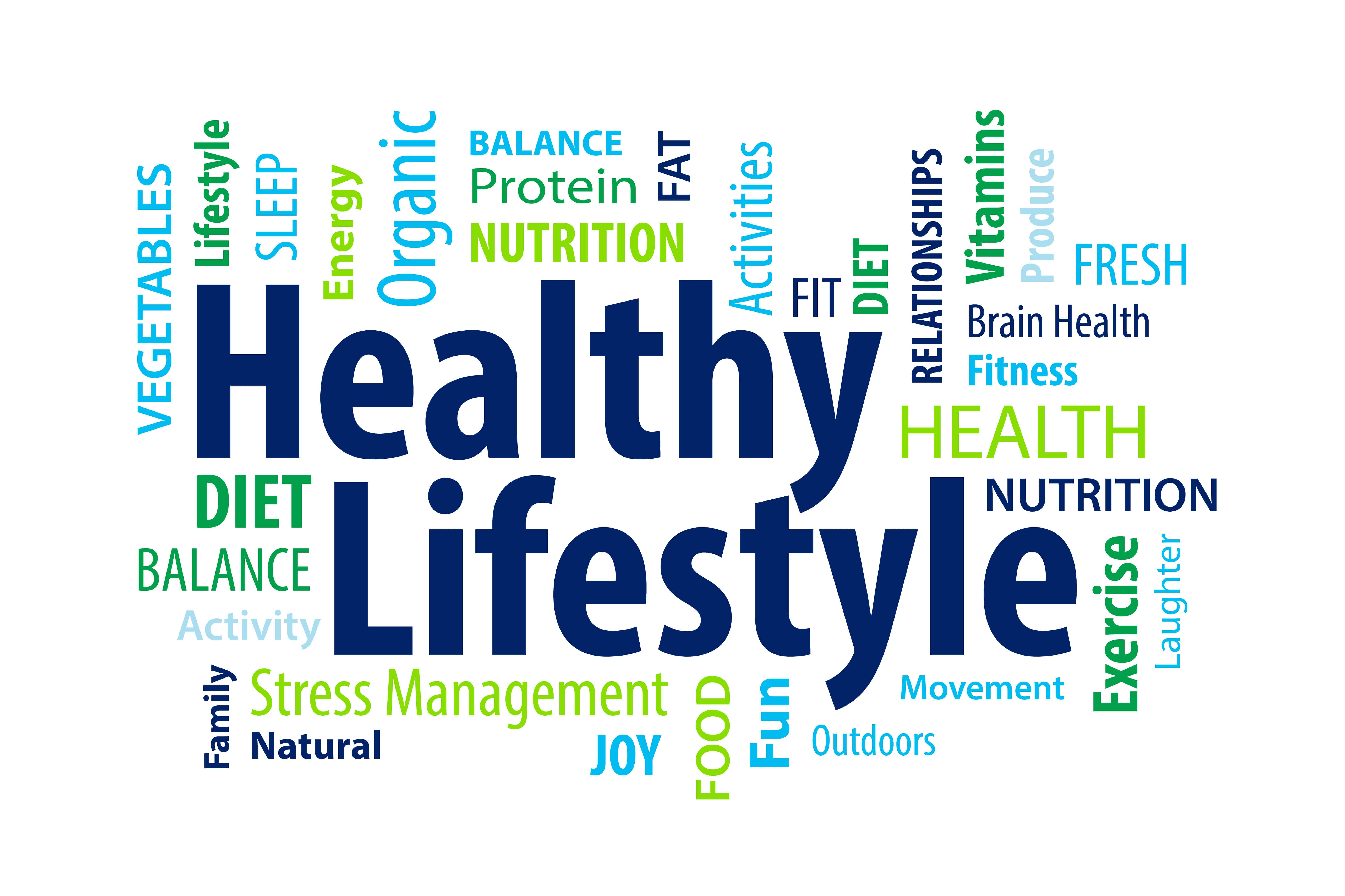Healthy Tips
1.What does health mean
Health is a state of complete physical, mental, and social well-being. It involves factors such as genes, environment, and lifestyle. Learn how to improve your health and prevent diseases with tips from experts and research.
Good health is central to handling stress and living a longer, more active life. In this article, we explain the meaning of good health, the types of health a person needs to consider, and how to preserve good health.
Bad health can be defined as the presence of disease, good health as its absence—particularly the absence of continuing disease, because the person afflicted with a sudden attack of seasickness, for example, may not be thought of as having lost good health as a result of such a mishap.
A healthy lifestyle is a valuable resource for reducing the incidence and impact of health problems, for recovery, for coping with life stressors, and for improving quality of life.😊
Some examples of lifestyles might include: Fitness/Body-centered, Materialist, Hedonist, Service/Spiritual, Technocrat, and Academic/Intellectual. Individuals might not fit exclusively into one category, though. There is often some overlap between types. According to a recent study, very few adults actually meet the criteria for a healthy lifestyle. The study, published in the Archives of Internal Medicine, showed that only 3% of American adults got a perfect score on what the authors say are the four basic criteria for healthy living. Just 13.8% met three of the criteria; 34.2% met only two criteria. Women scored slightly better than men.
3.Why should you eat a healthy diet
this diet can help protect a person’s heart and reduce the risk of several diseases, including type 2 diabetes, cancer, and diseases that cause the brain and nerves to break down. click here for order Peanuts and Click here to order Cashewnut
Consuming a healthy diet throughout the life-course helps to prevent malnutrition in all its forms as well as a range of noncommunicable diseases (NCDs) and conditions. However, increased production of processed foods, rapid urbanization and changing lifestyles have led to a shift in dietary patterns. People are now consuming more foods high in energy, fats, free sugars and salt/sodium, and many people do not eat enough fruit, vegetables and other dietary fibre such as whole grains.
The exact make-up of a diversified, balanced and healthy diet will vary depending on individual characteristics (e.g. age, gender, lifestyle and degree of physical activity), cultural context, locally available foods and dietary customs. However, the basic principles of what constitutes a healthy diet remain the same.
4.How can a healthy diet help prevent disease
Prevents disease Healthy habits can reduce the risk of various diseases, including those that may run in your family. Healthy diets boost “good” cholesterol (high-density lipoprotein) and decrease unhealthy triglycerides. This directly impacts risk of heart disease, stroke, metabolic syndrome, diabetes and high blood pressure by helping your blood flow smoothly.
When you focus on eating a diet rich in fruits, vegetables, and whole grains, you're automatically helping yourself prevent a slew of common illnesses, including heart disease, diabetes, and cancer, according to the Centers for Disease Control and Prevention.
Eating enough foods rich in antioxidants means the body has a better chance of fighting off cold and flu bugs. Going for variety is key as all fruit and vegetables provide us with different nutrients and antioxidants. So aim to get as many different colored vegetables on your plate at mealtimes.
5.How important is health
Good health is central to human happiness and well-being that makes an important contribution to prosperity and wealth and even economic progress, as healthy populations are more productive, save more and live longer.
There are many things that contribute to a healthy lifestyle, and each element is as important as the next. Exercise, healthy food, good friendships, self-love and a healthy mental state all add up to a balanced lifestyle, which has many accompanying benefits.
Regular physical activity is one of the most important things you can do for your health. Being physically active can improve your brain health, help manage weight, reduce the risk of disease, strengthen bones and muscles, and improve your ability to do everyday activities.
6.How can you boost your health and wellbeing
If you want to boost your health and wellbeing, there are plenty of natural and home remedies to choose from, ranging from avoiding charred meats and added sugars to practicing meditation.

.png)
.png)
.png)


.png)
.png)
Comments
Post a Comment